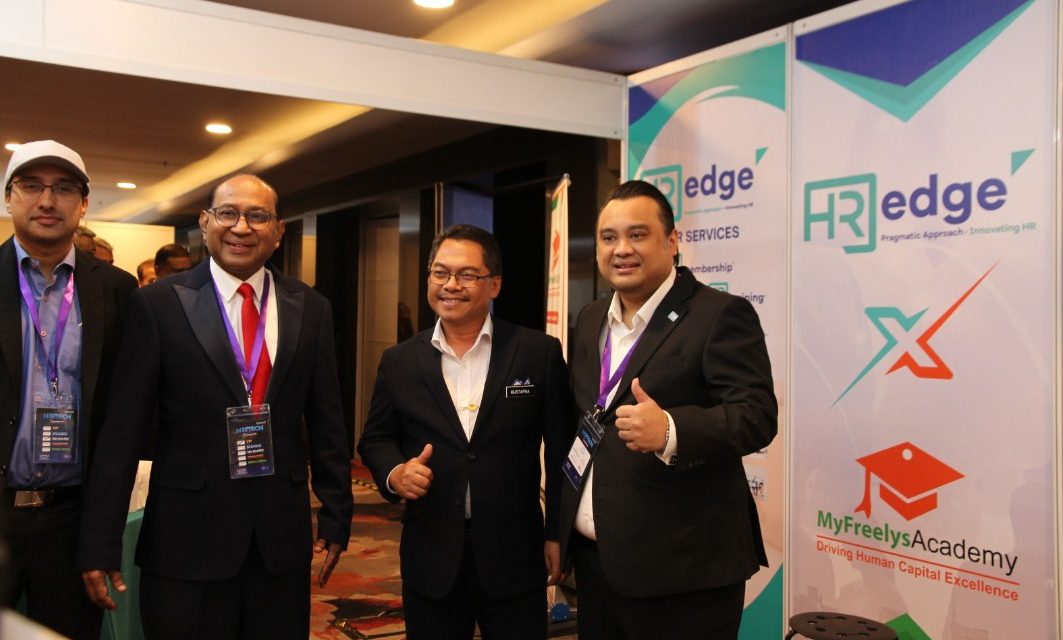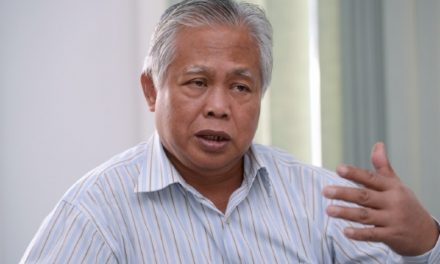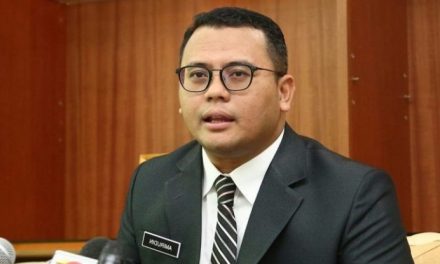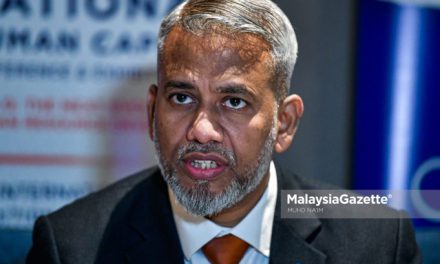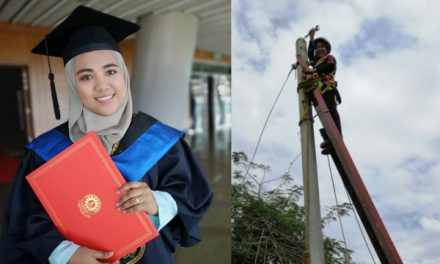PETALING JAYA | All sectors of the economy need to adopt digitalisation and innovation in order to catalyse growth and achieve a competitive edge, says Human Resource Minister V. Sivakumar.
Sivakumar said the ministry continues to support businesses in doing so through the implementation of appropriate employment legislation related to recruitment, wages and skills development, besides being focused to fulfil the nation’s human resource needs by ensuring labour demands are satisfactorily met.
He said the adaptation of digital technologies was in line with the aspiration to push Malaysia towards a high-income and high-tech nation laid out in the 12th Malaysia Plan (12MP) for 2021-2025.
“As stated in the 12MP, the transition from a middle-income to a high-income economy requires businesses across industries to adopt new technologies especially 4IR (or Fourth Industrial Revolution) technologies and innovative practices to boost employee productivity and move up the value chain.”
He said this in his opening remarks read out by Deputy Human Resource Minister Mustapha Sakmud (inset) at the launch of the HRiTECH Conference at Sunway Pyramid Convention Centre here on Wednesday (Feb 15).
Realising the important role played in producing a competent digital talent workforce, Sivakumar said the Human Resource Ministry would continue to implement the Digital Economy Blueprint and the National 4IR Policy.
The minister, however, said that developing digital talent was not a simple task and was daunted by several issues which required the attention of all stakeholders such as those relating to the quality of graduates and their lack of competency, obsolete equipment and technologies, financial constraint as well as irrelevant modules.
“There are also some skills training institutions that struggle to obtain an in-depth understanding of current and future industry needs on digital skills besides having difficulties in developing strategic partnerships with industry to train future-ready talent,” he said.- Bernama

